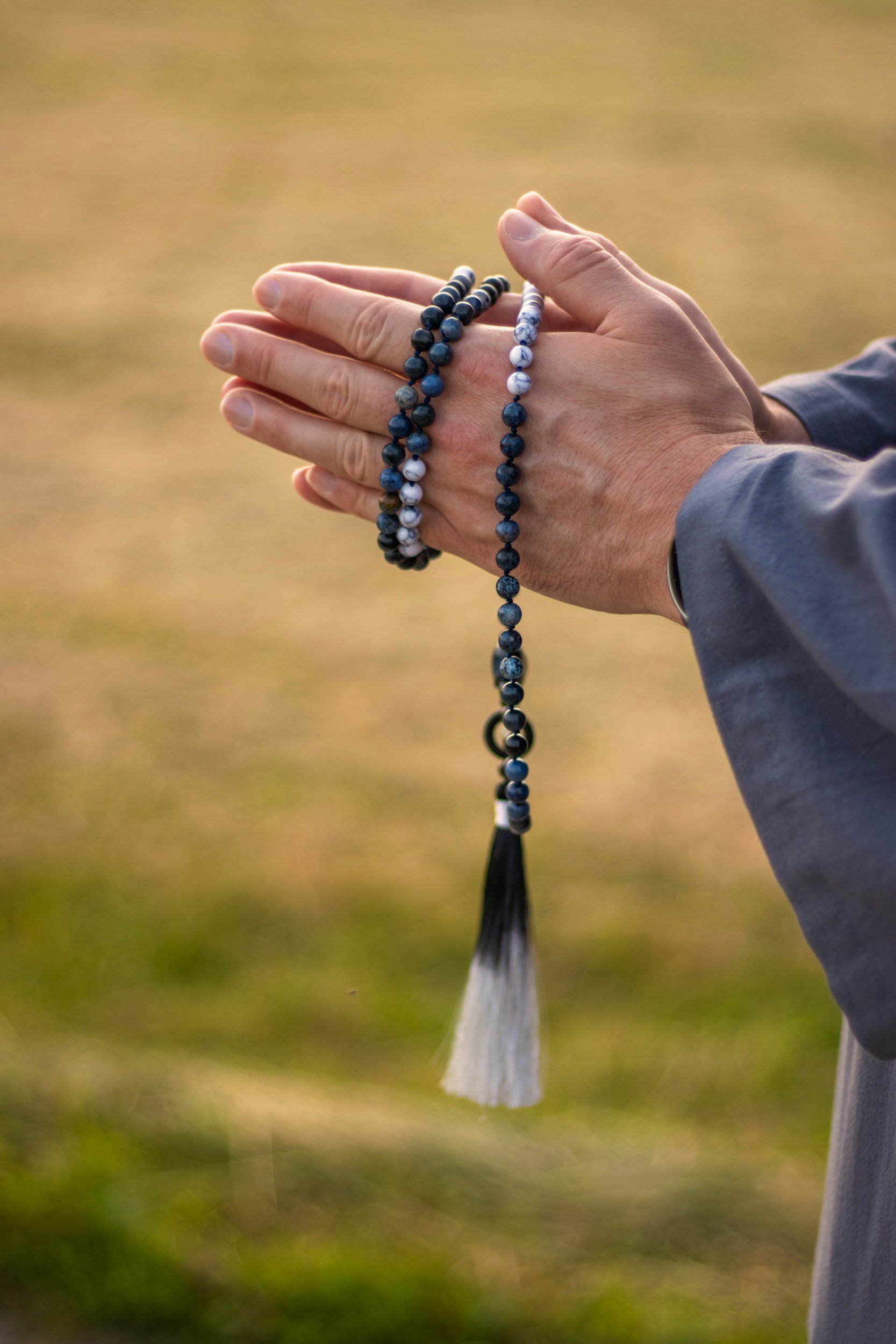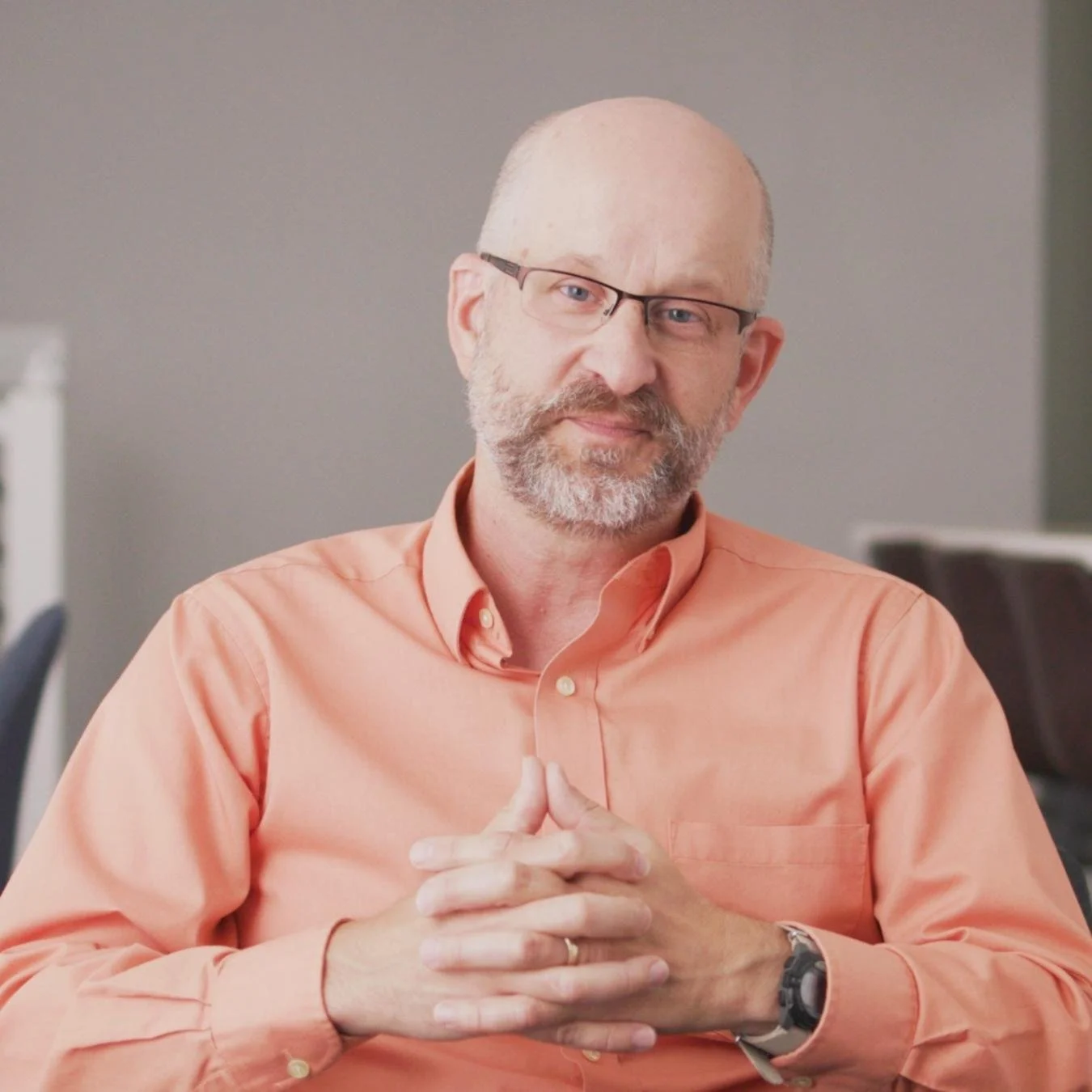“There’s an abundance of grace that flows from the marriage covenant, and often we don’t tap into it,” he said. “Prayer has to be at the center of that. Do you know what would save marriages today? Couples praying together!”
He admits that it’s a struggle to get couples who can’t even talk civilly with each other, to pray together. “It’s such an intimate thing to do. But God’s right there. You don’t have to win his heart or use a certain formula. Just talk to him – together.”
DODD is designed to be 12 sessions long. Greg believes the approach of learning over time offers couples the opportunity for lasting change through building new patterns of making time for their spouse on a regular basis. “So many people want to fix their marriage in a weekend,” he said. “A weekend inspires change, but when you start falling back in love you want more.”
Through some pushback from constituents about the 12-week length of the curriculum, Greg decided to utilize key components from it to make a seven-week course that could have a similar impact on strengthening marriages. As he started this process, reflecting on what he taught in the DODD program and also what he utilized in therapy, he realized how the connections between husband and wife greatly parallel their relationship with Christ in the Mass and sacraments.
So, in 2017 Greg gleaned from DODD to write a seven-session marriage enrichment course called Building a Eucharistic Marriage (BAEM), which addresses seven key areas to strengthen marriage, and is a skills-based course that also is based on the therapeutic model for change. In this course he connects seven areas for therapeutically strengthening marriage with seven areas of deepening relationship with Christ in and through the Eucharist. He combined evidence-based skills with Catholic doctrine and Scripture designed to develop both relationships. “We’re building two relationships at the same time,” he said.
Greg also has a similar curriculum to the 12-session DODD called Rekindling the Heart (RTH) that is specifically for those of non-Catholic Christian faith, which utilizes the same proven marriage-strengthening information connected to the Scriptural teachings of Christ. He also tailored a similar seven-week course out of RTH based on the Road to Emmaus experience.
He’s found that teaching while accompanying a couple as they wrestle with their problems and come out on the other side stronger in their marriage to be extremely lifegiving. One participant told Greg how grateful he was for going through the BAEM course. He and his wife had been struggling, but they found much benefit from working through the communication tool. Not long afterward, the wife succumbed to cancer and died six months after completing the course. The husband told Greg he was so thankful they had gone through the class because they were able to connect and enjoy the time they had left. “That’s what’s so meaningful,” Greg said.
The Mass and the Eucharist are central to the Catholic faith, as we believe that the Eucharist truly becomes Christ. The Mass comes alive when we realize Christ’s sacrifice feeds us spiritually, and then we are called to go forth and feed each other,” Greg said.
Greg uses an example of the opposite of feeding when counseling couples who are stuck in finger pointing and blame. He’s asked, “If I gave you the opportunity to starve each other to death, would you do it?” Couples say, “No!” Greg points out that spouses are meant to be each other’s helpmate, to help feed each other’s needs. “After a while, when emotional needs aren’t met, people and marriages starve (emotionally). People get that concept of starving.”












